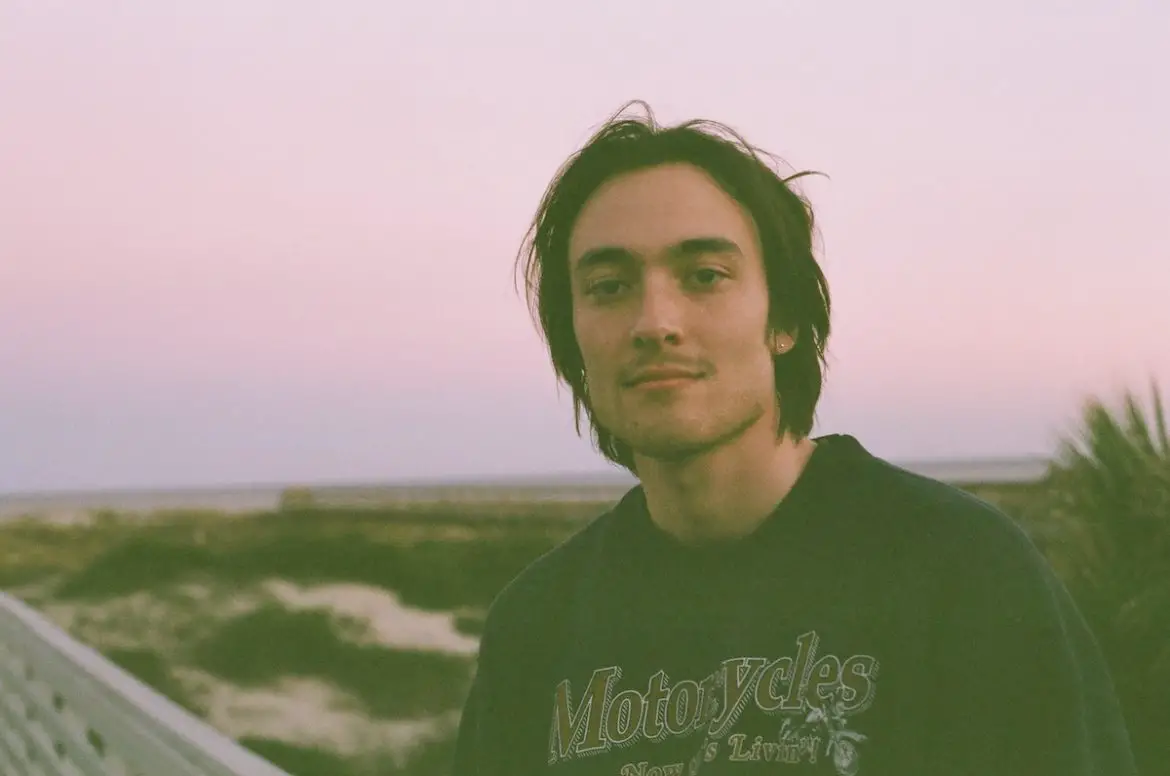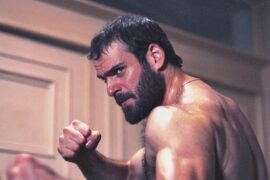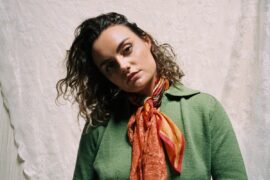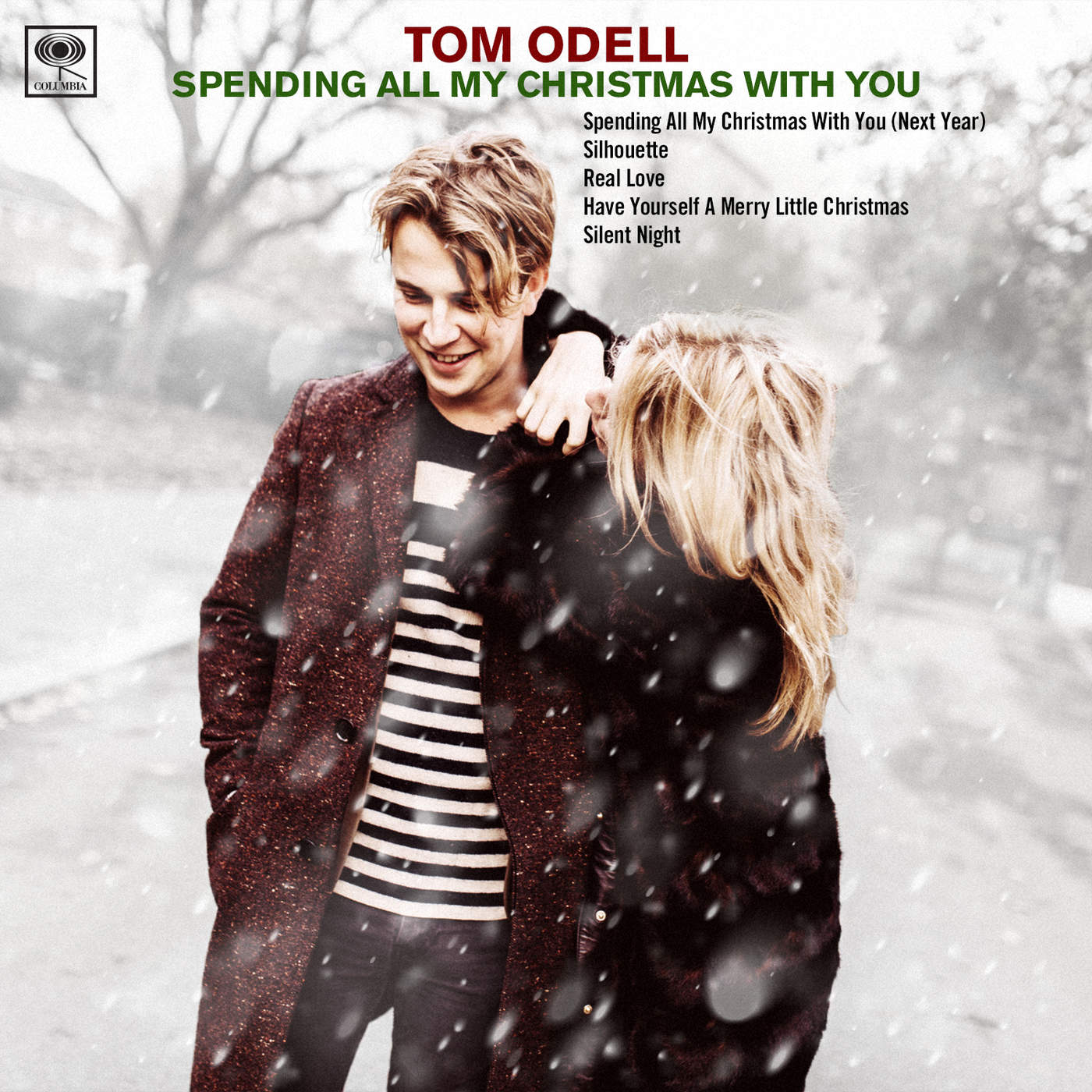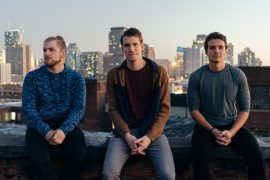Ben Zaidi dives into his achingly raw and unapologetically vulnerable debut album ‘Acre of Salt.’, an epically intimate unveiling he describes as a portrait of his quarter life crisis.
for fans of Iron & Wine, Henry Jamison, Del Water Gap, Adrianne Lenker, Harrison Whitford
Stream: “Jerusalem.” – Ben Zaidi
It is a portrait of the quarter-life crisis, caught in flashes of mirror from the front seat of my car.
Ben Zaidi’s debut album is an epically intimate unveiling of the self.
It’s the visceral outpouring of a soul on fire; a coming-of-age record of reckoning and reeling, lyrical vulnerability and unabating honesty, pure grief and personal growth, inner connection and musical therapy. 29-year-old Zaidi takes on the world in a collection of ethereal indie folk songs that feel simultaneously small and insular, yet utterly limitless; vast in a way that only makes sense to the listener’s ears. Achingly raw and unapologetically vulnerable, Acre of Salt. is a beautifully breathtaking thesis statement: A tender tempest diving headfirst into life’s unfiltered, all-consuming depths.

i don’t know where to go
i barely know where i’m coming from
i never met my grandfather, from who i got my name
but the marquee letters spell ZAIDI all the same
he was born before partition, in a town called ajmer
militias stormed his school, so the family fled to pakistan
and me i’ve never been there, i don’t know what it smells like
and when i say his name out loud i can’t pronounce it right
sometimes i feel like Jerusalem
there’s 3 religions through my veins
sometimes i feel like jerusalem
by the time they can sort it out,
there’ll be nothing left to claim
– “Jerusalem,” Ben Zaidi
Released June 3, 2022 via Nettwerk Music Group, Acre of Salt. is the long-awaited debut album from Seattle-born and raised singer/songwriter Ben Zaidi. Since debuting in 2016, Zaidi has emerged as a compelling and provocative voice for his generation: Us later-stage millennials who were born in the ’90s during a time of globalization, technological advancement, and rapid change, and have since experienced a loss of innocence as we came of age and inherited a world marred by tension, polarization, and innumerable crises. A Harvard-educated poet, Zaidi is as talented a wordsmith as he is an aural architect, and working with producer Tony Berg (Phoebe Bridgers, Peter Gabriel, Beck), he has produced a lush and lilting soundtrack to self-discovery and existential reflection. Recalling contemporary singer/songwriters like Leif Vollebekk, Adrianne Lenker, and Henry Jamison, Acre of Salt. is impressively cohesive, expansive, and expressive, building off the core of a vocalist and his acoustic guitar while turning every song into its own subtle, cinematic reverie.
For Zaidi, his full-length debut is a long time coming. In a way, it’s a sort of milestone that both captures – and commemorates – an unforgettable, triumphant, and poignant chapter in his life.
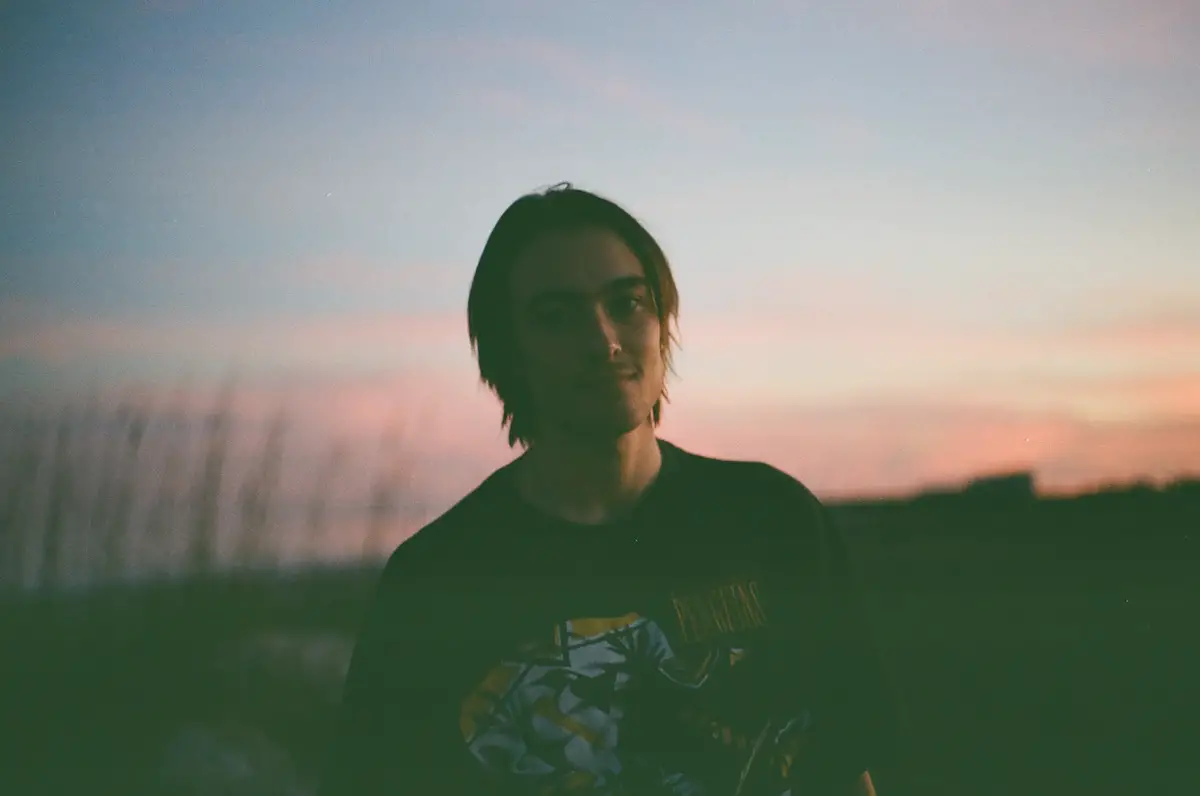
“I’ve been no place more, in the five years since I left Harvard, than the front seat of my car,” Ben Zaidi tells Atwood Magazine. “Long, long drives, up and down and across this country. 46 of the 48 continuous states. And above all, for some strange reason, again and again, I found myself in Florida. First to ramble joyously with my friends. Then, to move things out from my grandfather’s house, which was foreclosed on as he lay dying in the hospital. Then, to help my best friend, 25 years old, start chemotherapy for Stage IV lymphoma. These drives made an accidental chronicle of the transition from adolescence to adulthood, and all the pain and adventure and crisis that came with it. It is a portrait of the quarter-life crisis, caught in flashes of mirror from the front seat of my car.”
After years of releasing countless singles and multiple EPs, Zaidi went into this project with a vision in mind.
“I had studied my favorite albums of all time, and realized they were all made by one songwriter/artist and one producer,” he says. “That’s not how most records are made these days, but I searched around to see who still worked that way. That’s how I found Tony Berg. He pushed me to write things I didn’t know I could, and brought a timeless process to the work, bringing amazing session musicians into the legendary Sound City where we recorded the album. By the end, it was like nothing I’d ever made. But in over a decade of making songs, it is the most I’ve ever felt like myself.”
“It’s the farthest I’ve pushed into the most peculiar qualities of my art – long verses dense with poetry and stream-of-consciousness all mixed together. The result of me saying, what if I just let loose and went deep into the things I am dealing with, with no restraint. I’ve written about difficult things before, from suicide to heartbreak to impostor syndrome, but this is far and away the most honest and vulnerable I’ve ever been.”
The album’s title is used as a lyric in the song “Ben Zaidi’s Blues,” but as he explains, there’s much more to the phrase Acre of Salt. than meets the eye. “Departing armies used to salt the earth after conquering a place, to ensure that nothing would grow. Becoming an adult in the climate apocalypse feels like being planted in a salted farmland, trying to cobble a future in a world that we’re told is doomed.”
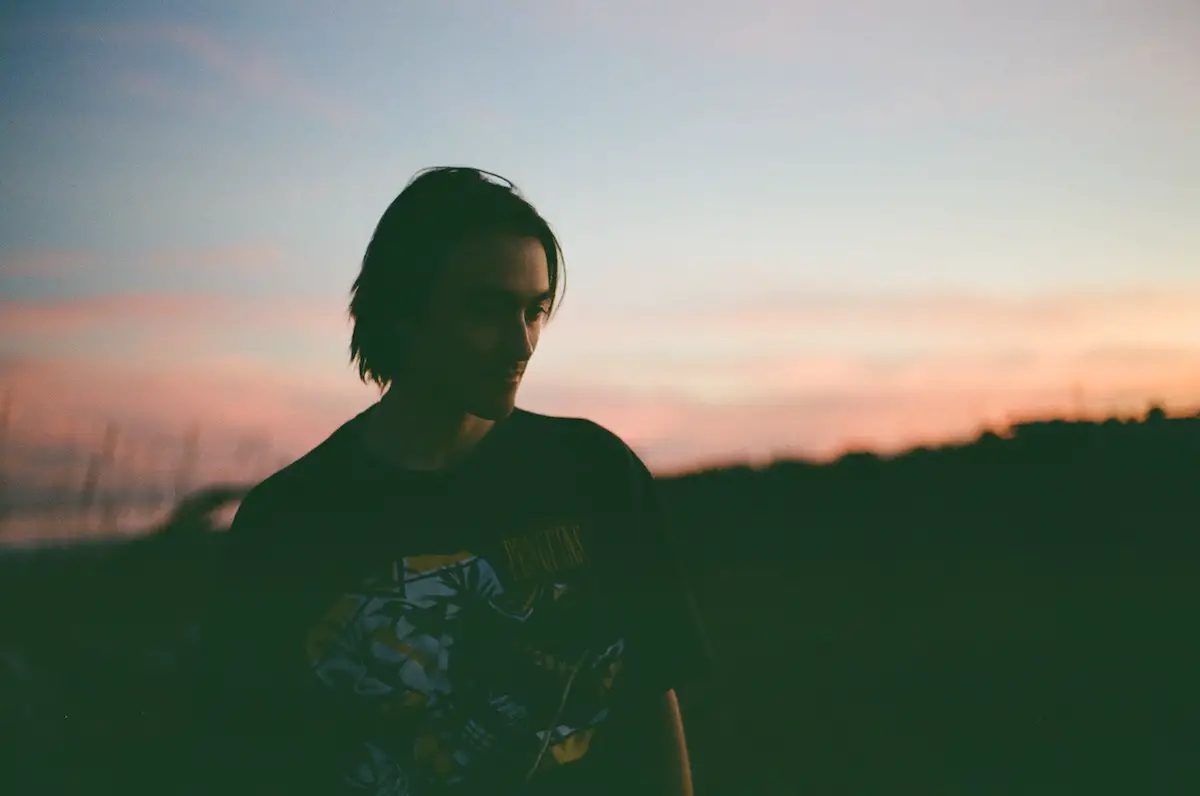
Becoming an adult in the climate apocalypse feels like being planted in a salted farmland, trying to cobble a future in a world that we’re told is doomed.
From start to finish, Acre of Salt. proves a stirring and stunning enchantment. Opener “Going on Gone” sets the scene with warm acoustic finger-picking and a dulcet melody; “Daydreams got the best of me again, I saw my body lying in the waves,” Zaidi sings gently, his innate warmth covering up an intense sense of loss and ruin. He croons sweetly in the chorus, “I don’t wanna live too long
seems like every thing of beauty’s dying, keep going going gone, we’re going on gone.” The contrast between his song’s sound and its message isn’t always quite as stark, but this is the magic and wonder of Ben Zaidi’s artistry: There are layers to every song that keep us hanging on to every word and every note.
This is certainly the case with “Ben Zaidi’s Blues,” which Atwood Magazine writer Lilly Eason previously praised for its masterful and deep songwriting style:
“For Zaidi, it’s easy enough to state outright that he’s grieving or sad or lonely. It’s the bringing together of personal loss and global loss where he employs analogy, seeing the death of a loved one and the destruction of the planet as a way to rationalize the two. In “Ben Zaidi’s Blues,” Zaidi repeats the phrase “the longer you live, the harder it is to stay pure,” relating to lyrics like “which war machine will I vote for, the one with the cross or the rainbow flag,” yet it’s not just about the despair of a world that, at some times, feels hopeless. The song itself was written around clearing out his grandfather’s house as it’s being foreclosed following his death, as well as his friend being diagnosed with an incurable disease. The song brings together the suffering of the personal and the suffering of the masses, which is almost comforting. It suggests that grief is universal, that everyone is experiencing the stages of grief at different points.”
Further standouts range from the contemplative, cathartic love song “Younger with Time.” and the achingly evocative “Orlando.,” to the intimately honest reckoning “Jerusalem.” “Sometimes I feel like Jerusalem, there’s three religions trickling through my veins,” Ben Zaidi sings in a particularly raw moment of vulnerability. “Sometimes I feel like Jerusalem: by the time they can sort it out, there’ll be nothing left to claim.” Ethereal, atmospheric indie folk sounds filter through the air like a fragile blanket of comfort and warmth as Zaidi explore his mixed race heritage. Zaidi unpacks quite a lot over six minutes’ time, processing his identity, history, and inheritance in a beautiful, gut-wrenching song that yearns for release and actualization.
the census form came in the mail
i always hated filling out these things
there’s no word for what i am, so i’ll turn the letters loose
i’ll snap in half the hyphens, tear the terms out at the root
being mixed is a mixed blessing, in a world that makes you choose
the more history you have, the more you have to lose
sometimes i feel like jerusalem
there’s 3 traditions tugging at my sleeve
sometimes i feel like jerusalem
by the time i can sort it out,
there’ll be nothing left of me
America, will you see me?
“’What are you?’ is a question I’ve gotten more times than I can count,” Zaidi says, diving even deeper into himself and his profoundly personal track. “People want a simple answer, and there isn’t one. Are you half-Asian? “Not really.” Jewish? “Not technically.” Oh, you’re Pakistani? “Well, partly.” Check a box for your ethnicity… “Other.” I’ve had trouble answering these questions my entire life. So, finally, I wrote a song to try and answer them. This is the first time I’ve ever written about my mixed heritage. I think it took me this long because I had to find a larger language for something so specific to me. How many people do you know with Jewish, Muslim, and Christian grandparents? My whole life, I’ve only ever met one other – –my sister, Kate. Ultimately, it was her words that launched this song. “Sometimes I feel like Jerusalem,” she said. It was the perfect metaphor: A city being claimed by these same three religions, being warred over and torn apart by the very people who claimed to love it most. I recalled the day I told my dad, who was raised Jewish, that I had decided to take my mom’s Muslim name, Zaidi, to perform under. It was the same anger and pain in the eyes of those soldiers in the newspaper. On the day the song came out, April 15, 2022, Ramadan, Passover, and Good Friday all fell on the same day. It only happens once every 30 years, so the last time it did was before I was born. You might be tempted to envision a harmonious Kumbaya circle of fellow worshippers, but the reality crashed in much more starkly. In Jerusalem, Israeli soldiers fired on worshippers in the Al-Aqsa Mosque, and the fact of the city’s contested ownership bled back through its skin.”
“Many mixed people dream of finding the magical place in this world where we fit in, where we are at home. The sad reality is, there is none. When your past is split, there is no one home to return to, no one place that can shelter all of you. But if you look hard enough, you might find traces of yourself in any person or place with a strewn, complicated past. This song is written for anyone sorting through the rubble of a jumbled ancestry. Anyone who checks the “other” box because nothing else rings true. Anyone who’s been asked “what are you?” and struggled to respond. For some of us, there is no steady answer to land on. There is only a briny ocean to explore. Finally, after 29 answerless years, here I am, stepping off of the dock.”
Ben Zaidi’s upheaval of self is enchanting, immersive, and even overwhelming at times, but that’s what makes Acre of Salt. so undeniably beautiful and charming.
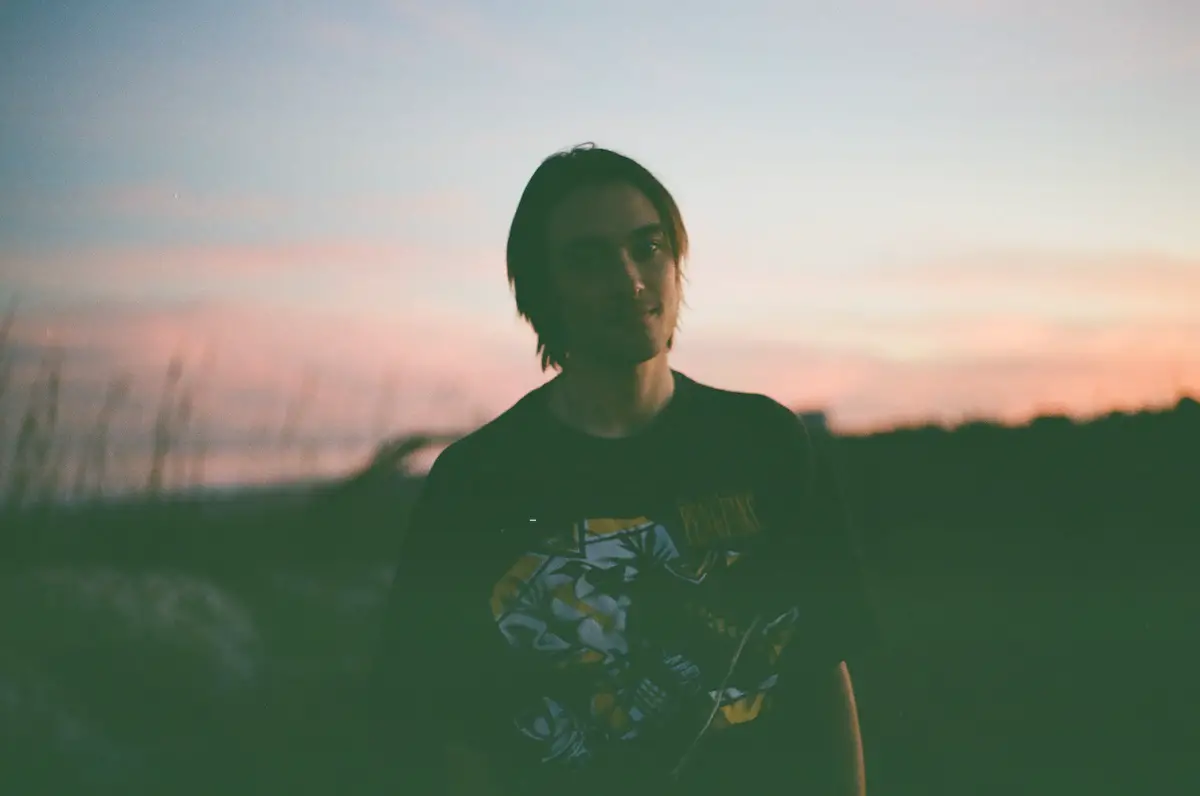
“Right now, ‘Jerusalem‘ and ‘Eucharist’ are feeling very special to me,” Zaidi says on the topic of favorites. “‘Jerusalem’ is probably the most raw personal song, as it’s the first time I’ve ever discussed my mixed identity publicly. ‘Eucharist‘, because it is a mystery to me. The stream-of-consciousness lyrics, the ghostly ambience; I’ve never heard a song like that in my life. I have no idea what genre it is. But I think it suggests something of where I’m going next, after this album. That’s why I put it last.”
As a lyricist, Zaidi is quick to cite the final verse of “Ben Zaidi’s Blues” as one of his personal highlights:
Two Bens left home in 2011
One went to Harvard, one went to heaven
First one got cold so he came inside
Second one stayed true to his hill & died
I wanna throw my body into the river
I wanna build my house on an acre of salt
& Hear no news, talk only religion
& Forget that I’m human whenever I want
From plunging into his own hopes and dreams, to enshrining fleeting moments alone and with loved ones in song, Zaidi has created something of a contemplative masterpiece in Acre of Salt.
“I hope it’s cathartic for others,” Zaidi shares. “That it gives some meaning or vividness to the complicated mess of feelings faced by young people growing up in this broken world. That it reaches into that nest of knots in all of our hearts, and unties some small part of it, just a little bit.” Experience the full record via our below stream, and peek inside Ben Zaidi’s Acre of Salt. with Atwood Magazine as the artist goes track-by-track through the music and lyrics of his debut album!
— —
:: stream/purchase Acre of Salt. here ::
Stream: ‘Acre of Salt.’ – Ben Zaidi
:: Inside Acre of Salt. ::

— —
Going On Gone.
The first time I talked to Tony Berg (who produced the album) he told me I had a problem: my songs were too beautiful. He challenged me to write an uglier song, with uglier chords, textures, lyrics. “Also,” he said, “you don’t have to be such a nice guy all the time.” The next day, I wrote this song.
Ben Zaidi’s Blues.
When I had finished the demo for Ben Zaidi’s Blues, I had no idea if it was good. In fact, I felt it might just be the worst song I’d ever written. The lyrics were just so raw, ragged––straight from the journal. But when we got in the studio, and Sebastian Steinberg laid down that bassline––something was unlocked. All its rambliness was grounded by that groove. And I realized––it might just be the best song I’d ever written.
2013.
My favorite songwriting moment on the whole album might be at the end of the bridge of 2013. All song long, the chorus begins with “two… thousand thirteen.” The verses, which recollect pleasant memories of that time, all circle back nostalgically to this refrain. The bridge however, contends with all the sad memories that have been forgotten and glossed over, troubling the easiness of the nostalgia. It ends with the line “my heart was splitting in two… thousand thirteen,” returning to the chorus in a way that changes it entirely, not just grammatically, but tonally. I always aspire to write songs that change as they go along, so that moment is a source of great pride.
Gibreel.
My mom’s family is Pakistani, and partly as a tribute to that my middle name is Gibreel, the Arabic spelling of the name of the archangel Gabriel. At my middle school graduation, however, I told my principal to say it was “Gabriel,” to avoid having to explain or hear people struggle to mis-pronounce it. Only now that I explore more of my mixed identity have I begun to grasp just how sad that moment is, and how much it says about whiteness and otherness.
Listless.
So much of the album is drawn from road trips, long drives up and down and across the country. In the 5 years since I left Harvard, I’ve driven through 46 of the continental 48 states. So many sights, so many adventures, and so many rest stop existential crises, like the one described in this song.
Orlando.
When my best friend was diagnosed with Stage IV lymphoma, I went down to be with him in Florida for a few weeks. He was starting chemo in Tampa, and I was staying with a friend’s family in Orlando. Every day, I’d drive past the gates of Disneyworld, on the way to visit my friend, who at age 25, had a 50% chance of living. That “Where dreams come true” sign I passed every day –– if you saw it in a movie, you’d say “that’s a bit much.” But it was real. It happened.
Scripture in the Sand.
Bob Dylan’s Blood on the Tracks was a real “north star” record for me writing this album. I love how he weaves these long stories in verses that keep returning to the same refrain, and it’s changed a bit in meaning each time you hear it. It was the perfect form for this story, 6 verses for 6 road trips down to Florida––at first for fun with your friends, then for a dying grandparent, then for a friend’s chemotherapy. I needed a way to fit together these insanely disparate experiences, that all somehow happened in the same place. This song gave it to me.
Only Forever.
I read an article that suggested that our fascination with the apocalypse is a way of trying to understand our own fears of death, to externalize our mortality. This album is a cocktail of global and personal tragedies and anxieties. The terminal illness of a young person and the futureless void faced by a generation –– I’m still not sure which one is a metaphor for the other. Maybe they’re all just leaves of the same tree.
Jerusalem.
This is the first time in my life I’ve ever written about my mixed identity. It was by far the most difficult song to write. The last day we were recording for the album, I wrote entirely new lyrics and recorded the vocals that same day. I think it’s hard not to listen to it and hear that desperate searching, that futile quest for an answer. But I think in that process, I found peace with the fact that sometimes, there is no place to land. These are just snapshots along the way.
Younger with Time.
I never thought this song would be released publicly, let alone on the album. I wrote it for my partner when I was leaving for a tour, and was going to be on the road on her birthday. I accidentally played it for Tony once, and he said “well that’s the best song on the album.” I think the fact that it was so personal, literally a letter from one person to another, is what gives it its power.
Eucharist.
I mumbled this stream-of-consciousness into the mic one morning in May of 2020. The night before, my roommate had been laid off on his off-day, and we all got drunk in the backyard. I was hungover, voice froggy, and this song just spilled out of me, all at once. Even after going into Sound City, and recording vocals for most songs on their top-of-the-line equipment, this song’s vocals are the ones I recorded that morning.
— —
:: stream/purchase Acre of Salt. here ::
— — — —

Connect to Ben Zaidi on
Facebook, Twitter, Instagram
Discover new music on Atwood Magazine
? © Madeline Holland
:: Stream Ben Zaidi ::

